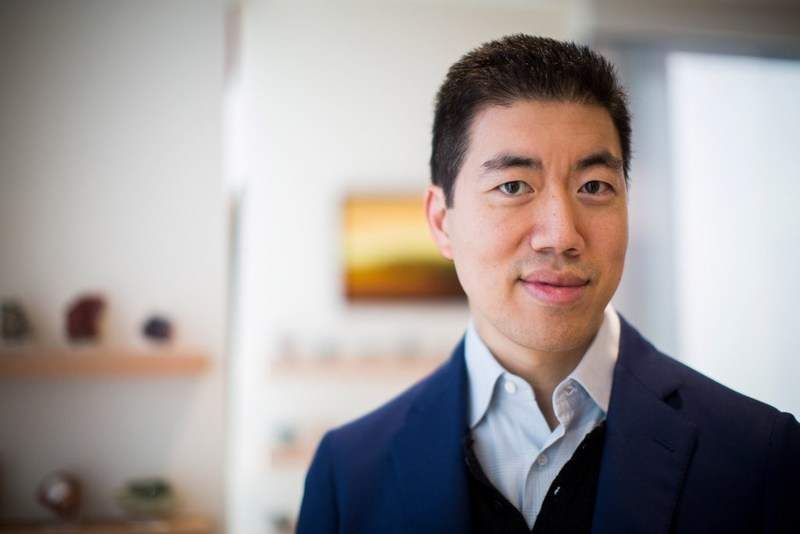
US start-up Beam Therapeutics has secured a worldwide licence from Harvard University to develop and commercialise a DNA base editing platform for precision genetic medicines.
The platform was developed by the university’s chemistry and chemical biology professor David Liu, who is also a co-founder of Beam.

Discover B2B Marketing That Performs
Combine business intelligence and editorial excellence to reach engaged professionals across 36 leading media platforms.
Based on CRISPR technology, the platform includes access to base editing and associated technologies that enhance the targeting scope of base editing.
The base editing uses an engineered multi-component protein that carries an altered Cas9 to ‘unzip’ a targeted DNA helix site. This opens a small bubble where surgery can be performed on a single base without any double-stranded breaks in DNA.
The base editors directly convert the mutated form of the target base to the corrected form, and insert an additional protein component where needed to prevent the reversal of the correction.
At the same time, the engineered Cas9 cuts the unedited DNA strand, triggering the cell to repair the second strand using a base that compliments the corrected one.

US Tariffs are shifting - will you react or anticipate?
Don’t let policy changes catch you off guard. Stay proactive with real-time data and expert analysis.
By GlobalDataLiu said: “We developed programmable molecular machines that go to a target site of our choosing in the genomic DNA of a cell and directly convert one base to another base without making a double-stranded break in the DNA.”
The platform could potentially be used to tackle a broad range of difficult-to-treat genetic disorders.
Under the agreement, Beam will make an undisclosed upfront licensing payment to Harvard, which retains the right to continue using the intellectual property for education and non-profit research.
Harvard University Office of Technology Development business development director Vivian Berlin said: “Our goal is to see this innovation develop into transformative treatments for the widest possible range of human diseases.
“Licensing the commercial rights to a new start-up ensures a rapid mobilisation of resources to fully develop and exploit the technology in this field.”




